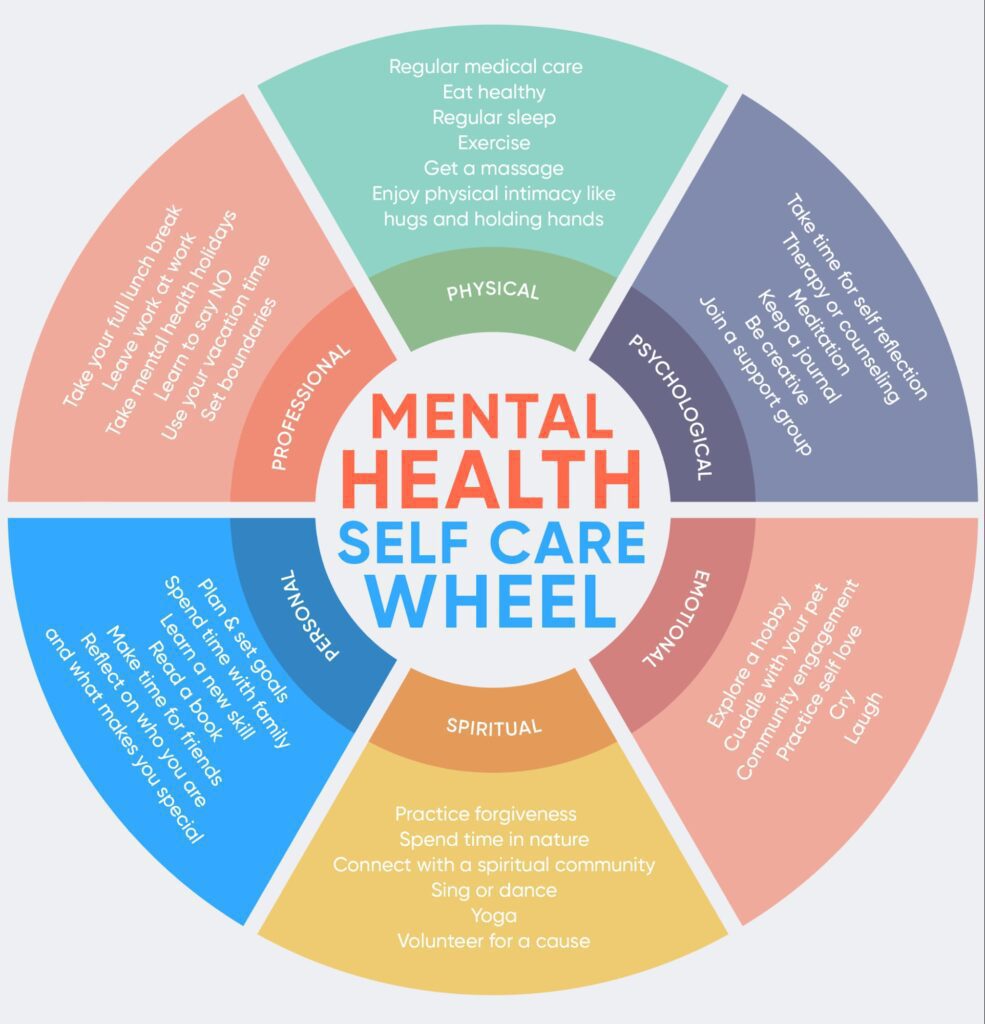Hello, how are you getting on with Q2?
I hope you are doing the things you want to do, in the way you want to do them, at the pace you want to do them.
It’s important we are satisfied with the way we live our lives even while achieving our goals.
The way we do a thing matters. So be mindful that you are the main actor/actress in your life and you are creating the life you love one day at a time.
I decided to use this month to share some education around being in hospital as a patients.
We are going to kick off with things you need to know if you are caring for someone with a mental illness.
Usually it’s seen as a scary moment for the people who witness it. Take a moment to think about the person experiencing it, they are not themselves and they have no explanation why, they recognise they are acting out of sorts but are helpless most of the time to control it.
What kind of help would you appreciate in that position? That is a good place to start
Taking care of someone with mental health challenges can be a daunting task, but it can also be a rewarding experience. Being there for someone who is struggling can make all the difference in their journey towards recovery. Here are five steps to help you provide quality care to your loved one.


Researchers have also said that having a strong support system has many positive benefits. Some of the best benefits include higher levels of well-being, better coping skills, and a longer healthier life. Having a support system has also been proven to reduce depression and anxiety and reduce stress
Steps on How to Support Someone with Mental Health Challenges
Ask for help
One of the most important steps in taking care of someone with mental health challenges is asking for help. Mental health issues can be complex and often require professional assistance. Reach out to mental health professionals, medical personnel, support groups, or trusted friends and family members for guidance and support. This way, you will be sure you are getting the right help and this is reassuring for you and your loved one.
Help out with practical duties
People with mental health challenges may struggle with everyday tasks like cooking, cleaning, and running errands. Offer to help out with practical duties and tasks that may be overwhelming for them. This will alleviate some of the stress and make them feel more supported. Small gestures such as cooking a meal or cleaning their home can make a big difference in their well-being. This can be arranged by paying for a cleaning service, laundry service, catering with daily drop off of food etc. Be creative with your help.
Make sure they are safe and in a safe environment
Safety is a top priority when taking care of someone with mental health challenges. Ensure that they are in a safe environment and that their basic needs are being met. Check in regularly to make sure they are taking care of themselves and staying out of harm’s way. People of take advantage of unwell people, keeping them safe from sexual, physical ,emotional and financial abuse is top priority.

Sit with the person. Be present
One of the most important things you can do for someone with mental health challenges is to simply be present. Listen to them without judgment, offer a shoulder to cry on, or just sit quietly with them. Let them know that you are there for them and that you care. Do joint calming activities like colouring, drawing, painting, singing, play cards etc
Encourage them to take prescribed medication.
For some people with mental health challenges, medication may be a necessary part of their treatment plan. Make sure they are taking their medication as prescribed by their healthcare provider. Help them keep track of their medication schedule and provide reminders when necessary. Use phone alarms or analogue alarms, use sticky notes on high traffic areas of the home. Dispense medication into a dosset box so they do not over or underdose.


This will ensure that they are getting the best possible care and will help them on their path to recovery.
It is important to note that taking care of someone with mental health challenges can also take a toll on your own well-being. Therefore, it is essential to take care of yourself as well. Ensure that you are getting enough rest, taking breaks when necessary, and seeking your support system for guidance and assistance.
|link for caring for the carer, mental health carers support group|


Furthermore, it is important to educate yourself on what your loved one is experiencing, and the different ways they can present for this individual.
This will help you understand what your loved one is going through and how to provide the necessary support. Take the time to learn about different treatment options, coping strategies, and resources available in your community. Ask questions when you visit your healthcare providers.
Lastly, it is important to remember that recovery is a journey, and there may be setbacks along the way. Be patient with your loved one and remind them that you are there for them, no matter what. Celebrate their small victories and provide encouragement and support when they are feeling down. Resist the urge to raise your voice or blame them for their illness, no matter the trigger. Care for yourself so you help from a place of love and rest, not stress.
Stay wholesome
Stay authentic
Be yourself and keep getting better at it.
Live wholeheartedly,
Amaka


